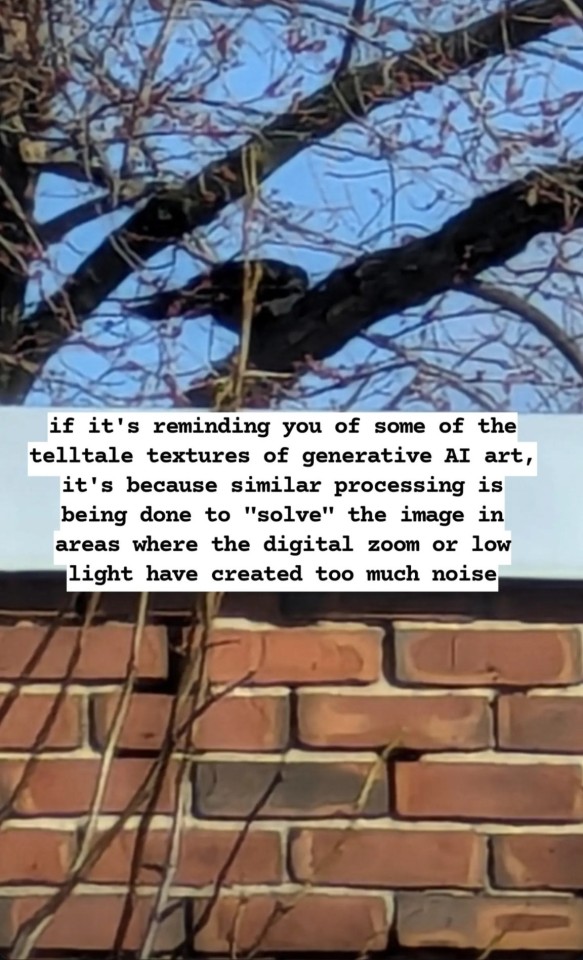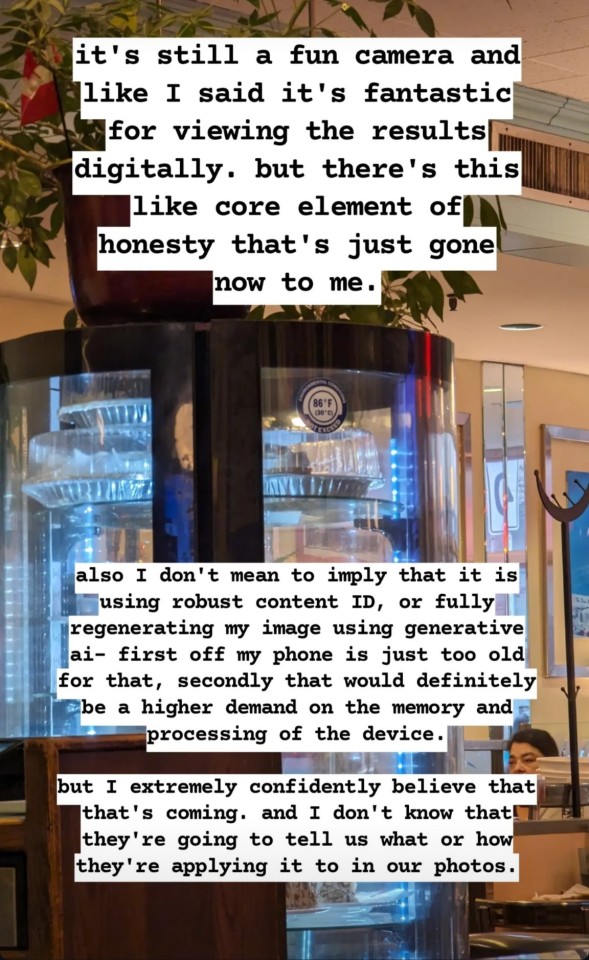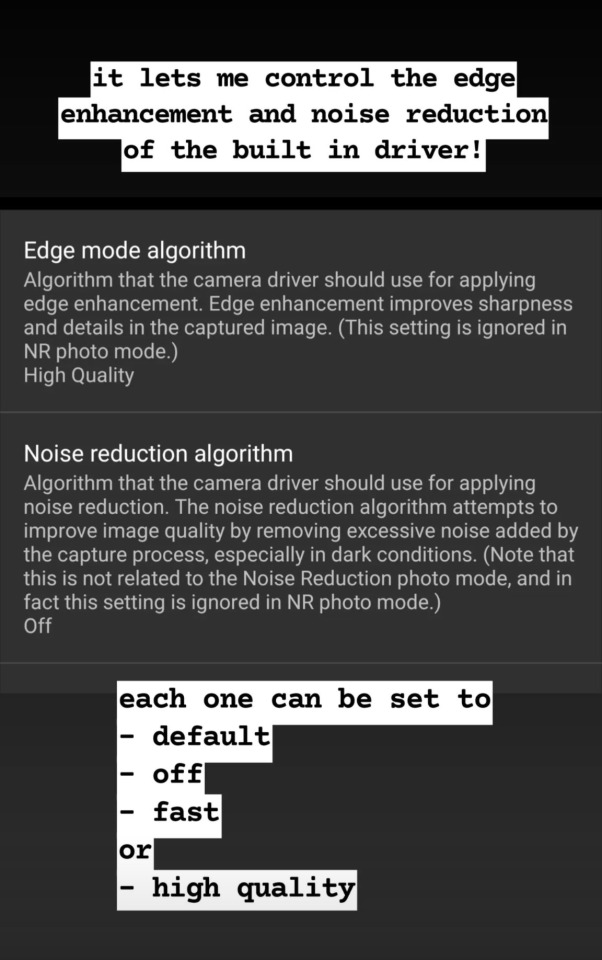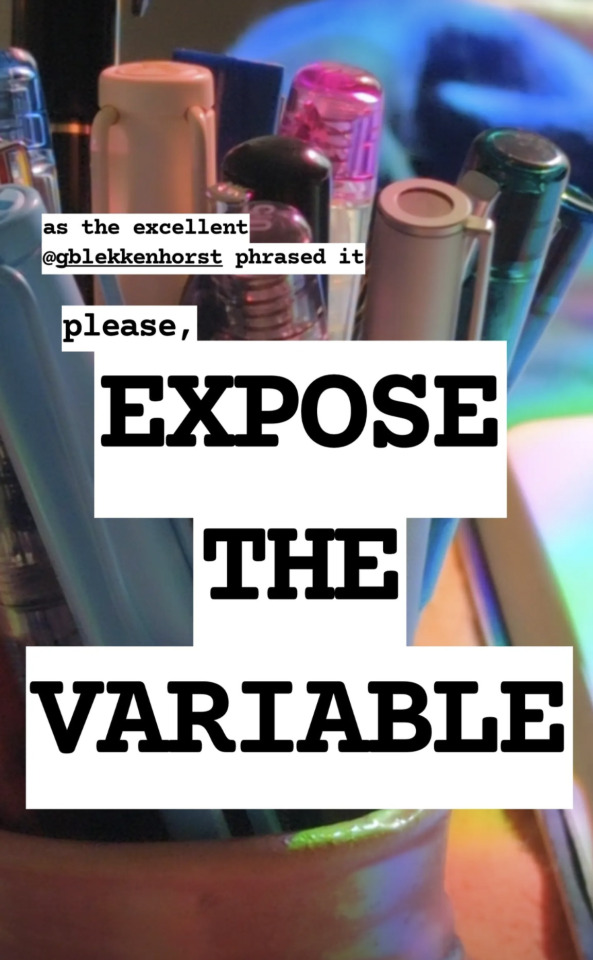#A* algorithm
Explore tagged Tumblr posts
Text
I've effectively realised that the AI model for the bipedal robot I've been looking into for months is basically two A* style algorithms in an AI trenchcoat. Not a bad thing. Just irritating I didn't clock it 3 months ago.
#ai#ai research#A* algorithm#When you look at research from one perspective and suddenly understand the other perspective that made this not a huge leap in logic#who rewards the reward function#aritificial intelligence#machine learning
2 notes
·
View notes
Text
tbh i think the funniest phenomena that's been happening in the last couple years is "youtuber, having gone too deep into the research hole, has been made an investigative journalist against their will"
#like im not gonna name names but i can think of at least 3 channels#where they stopped posting short form content and went#wait the patreon is paying my rent im no longer a slave to the algorithm gods#HELL YEAH TIME TO SPEND 5+ MONTHS PUTTING TOGETHER A 3+ HOUR VIDEO#and i eat that shit up every time
159K notes
·
View notes
Text
today on the train home the guy next to me was on his phone and at one point i saw him go on tumblr and he just had like. a normie dash. like it was all photography. of nature and architecture. he was using tumblr the way a heterosexual landscaper for rich people might use instagram. i actually had to watch his screen for a few seconds to be sure it really was tumblr because i was so taken aback by the content he was viewing. this is why algorithmless websites are so beautiful btw because i genuinely didn't know that this side of tumblr even existed. he didn't even so much as scroll past any text posts.
EDIT: look i'm not going to turn off reblogs but i cannot stress enough that THIS WASN'T A HIPSTER BLOG DASH IT WASN'T AN AESTHETIC BLOG DASH IT WAS THE MOST WILDLY GENERIC COLLECTION OF IMAGES YOU HAVE EVER SEEN IN YOUR LIFE. I AM NOT EXAGGERATING OR BEING A QUIRKY FANDOM TUMBLRINA WHEN I SAY "NORMIE" I GENUINELY MEAN "SO NORMAL THAT IT CIRCLES AROUND TO WEIRD". CAN ANYBODY HEAR ME? HELLO?
#steph's post tag#also no more ''um actually there is an algorithm and this is proof'' THERE ISN'T AN ALGORITHM IF YOU DON'T LOOK AT THE FUCKING FOR YOU TAB#LIKE THE DASH IS A CHRONOLOGICAL FEED OF BLOGS YOU ALREADY FOLLOW. I DISCOVER BLOGS ORGANICALLY THROUGH THE ONES I ALREADY FOLLOW.#IF YOU ARE EXPERIENCING AN ALGORITHM ON TUMBLR THAT'S A YOU PROBLEM.
87K notes
·
View notes
Text

I am mad about cellphone cameras hiding the processing they do, and I am glad about software that lets me control it and opt in and out, and I dictated this rant on insta so I am resharing the images here and will attempt to turn this into a useful text post on my blog in future, when my hand is working better 🤘👍

















#cellphone camera#phone camera#algorithm#noise reduction#edge enhancement#image processing#digital photography#phone photography
29K notes
·
View notes
Text

Ian Stone, Doubting Thomas, oil on linen, 12x16 in, 2023
#i've become too exhausted with being subjected to the stupidity and repetition of the tags and notes on this post#go follow ian on ig instead#feed his algorithm
94K notes
·
View notes
Text
conspiracy theory there are no tik tok refugees on Tumblr it's just Tumblr users who left and are coming back
#tiktok ban#i e me#you think tik tokers know how to work this thing? no damn algorithm this is worse than twitter#jk i love you guys 😘
4K notes
·
View notes
Text
Hey tumblr, quick question

Why the fuck are you recommending far right blogs to people?
4K notes
·
View notes
Text
jobs for autism boy NO phone call NO schedule NO talking to people NO emails NO computer programming or sex work NO becoming a youtuber NO starting a band NO leaving my house NO one gets mad at me. $27 per hour please

#text#if ur here from the fyp GO USE UR FOLLOWING PAGE RESIST THE ALGORITHMS BEING PUSHED ON US#peer reviewed banger
33K notes
·
View notes
Text
bluesky is honestly so nice and wholesome. the communities there reminds me a lot of tumblrs, i’ve really felt at home 🥹 my bluesky
some of the unique things i’ve liked:
- moderation lists: massive human made blocklists. they have lists for MAGAs, Nazis, genAI users/posters, NFT bros, spammers bots etc. truly amazing.
- starter packs: again human made lists of people they recommend to follow. there’s so many starter packs, from artist to follow, musicians, writers, even shitposters lmao.
- feeds: customizable, public timelines. you can create your own or join one of the thousands of feeds out there. you can also create a feed just for your art, so if you have a messy media tab, it keeps your art posts clean and organized!!
- blocking/muting: they have an amazing blocking system. when you block they can’t see your posts or even search you o. the site. they also allow you to mute people, delete specific replies, and even let you detach your post from a quote reblog if they’re trying to cause drama. honestly the best for a drama free environment. they also have very nice post filters so you can mute or completely block posts containing specific words or phrase!
- community: after blocking all the moderation lists it really just seems like a nice oasis for artists, creatives and others to connect with each other and get new followings. i’ve had a lot of people discover my art there and immediate support. it was super sweet.
- NSFW: not really something i like but i know a lot of others will; they allow NSFW content, art and otherwise. They have GREAT moderation so if you’re not interested in seeing those types of post be sure to turn on your content moderation settings.
#i love how much you can customize your algorithm#they have MASSIVE blocklists so you can auto block MAGAs/nazis/terfs/AI etc#it is SO nice#and everyone on the site seems to genuinely want to make it work and stay there#hope it succeeds!
3K notes
·
View notes
Text



bro let the thoughts win

#smallidarity#guess the build#my art#trafficshipping#mcytshipping#i guess#alt caption:#pov: it's the year 2025 and you open up twitter to a notification from solidaritycouk#it's joel and jimmy getting married#how is this one a banger guys i do not understand the algorithm at all#so happy nobody pointed out the grammar error haha
5K notes
·
View notes
Text
🐣mama🐣


#XD this was funnier in my head....#scheduled post#gummmyart#doodle#simon ghost riley#simon riley#ehhhh anytime i just draw Ghost the tags are empty af but fuck it#im trusting yall and algorithm with this one#if not then well i hope the 5 people who saw this post enjoy ghost and 2 baby chicks LMAO
2K notes
·
View notes
Text

also been thinking abt pooki with his cunty scarf💅
if my next drawing post isnt the comic update take me out back and shoot me like a sick dog
#ghost#this was a wip too and its mainly to keep that damn twitter algorithm from throwing me into the abyss if im not on every fukkin day#i got sonethin imma post on patreon bc christ sake ppl are paying me but otherwise no more fukkin around#my first time seeing him wit the scarf a 'slay queen' slipped out despite me never really fukkin saying shit like that AHA#ghost with the crustiest bloodshot eyes from getting 3 hrs of sleep bawling his eyes out in the shower and smoking 5 blunts#bc girl thats how it is#my art#fanart#ghost call of duty#simon ghost riley#simon riley#ghost mw2#ghost cod#mw3#call of duty#call of duty modern warfare#call of duty modern warfare 2#call of duty modern warfare 3#put em all in there fuggit
9K notes
·
View notes
Text

Just throwing darts at this point, huh?
2K notes
·
View notes
Text
understanding academic concepts got me blushing swinging my legs giggling
#dude I spent like 3h trying to understand one algorithm yesterday & wrote the messiest most confusing ever paragraph abt it to the thesis#only to have a WAIT A MINUTE-moment today and completely rewriting that in like 20minutes#dont wanna say yesterday was wasted bc I'm sure that was just the thinking process I had to go through to get it to my head#studyblr#uni studyblr#april 2024#2024
6K notes
·
View notes
Text


started my first re-listen of taz balance since starting it in 2018 (?)
and i just wanted to explore what their origin backgrounds were vs the characters they ended up becoming... they are interesting...
#adrien rambles#adrien doodles#ik its midnight but algorithm be damned... i wanna see my LADS......#ignore that this is very unpolished i had a craze amidst work and just needed to get it out there#cant believe i forgot about their taako's acolyte bg and merle's mercenary bg. thats wild.#woa havent needed to tag stuff in a while. does it still work the same#the adventure zone#taz balance#the zone cast#taako#magnus burnsides#merle highchurch#taz balance spoilers
1K notes
·
View notes